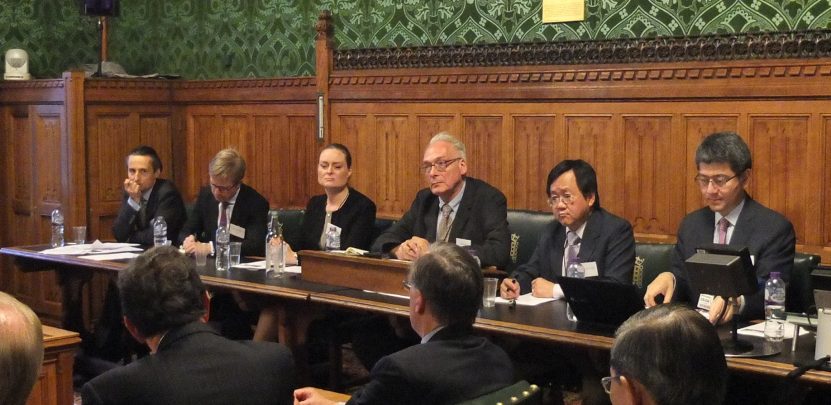
From left: Jason James, Daiwa Foundation; Dr John Nilsson-Wright, University of Cambridge; Dr Lauren Richardson, University of Edinburgh; Dan Damon (Chair), BBC; Professor Steve Tsang, SOAS; Professor Akio Takahara, University of Tokyo
Seminar Series 2017Wednesday 28 June 2017
6:30pm – 8:00pm
Historical Issues and Peace Building: Japan, China and the two Koreas
Committee Room 9, Palace of Westminster, House of Commons, Houses of Parliament, Westminster, London SW1A 2LW
Organised by the Daiwa Anglo-Japanese Foundation
Fully bookedDifferent people tell different versions of the same history, sometimes because they disagree on the facts, and sometimes because they disagree on how to interpret them. People have different perspectives, and their versions of history may be driven by conflicting interests in the present. But although history may be contested, we have a responsibility to build peace with our neighbours, for the benefit of both present and future generations.
Japan, China and the two Koreas have struggled to understand each other’s different perspectives on historical issues, and this has been preventing constructive diplomatic dialogue between them. On hearing that Moon Jae-in had been elected as the new President of South Korea, some Japanese politicians expressed pessimism about the future of the Japan-ROK relationship, because Mr Moon had pledged in his electoral campaign to abandon the 2015 agreement by Foreign Ministers Fumio Kishida and Yun Byung-se over WWII’s so-called ‘Comfort Women’. This historical issue has long created difficulties between the two countries. Meanwhile China has been creating tensions with several of its neighbours by challenging their sovereignty over various islands. Historical issues are involved here too.
In this seminar, the speakers talked about the difficulties of handling historical issues affecting the region, which seem to have increased over the last decade. They will discuss what can be done to build peace in North East Asia for future generations.
A written summary of the four presentations can be found via the button below:
Written Summary, Historical Issues and Peace Building, PDF
About the contributors
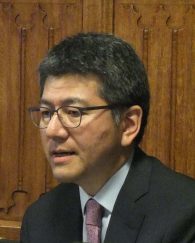
Professor Akio Takahara
Professor Akio Takahara is Professor of Contemporary Chinese Politics at the University of Tokyo’s Graduate School of Law and Politics. He received his PhD in 1988 from Sussex University, and later was a visiting scholar at the Consulate-General of Japan in Hong Kong, at the Japanese Embassy in Beijing, at Harvard University and at Peking University. He served as President of the Japan Association for Asian Studies (2009-11) and as Secretary-General of the New Japan-China Friendship 21st Century Committee (2009-14).
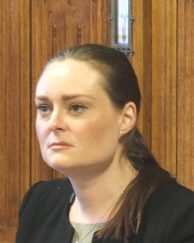
Dr Lauren Richardson
Dr Lauren Richardson is a Teaching Fellow in Japanese-Korean Relations and Politics at the University of Edinburgh. She holds a Bachelor’s and Master’s degree in Asian Studies from Monash University (Australia), and a Master’s degree in Political Science from Keio University (Japan). She earned a PhD in International, Political and Strategic Studies at the Australian National University, which entailed one year of fieldwork in each of Korea and Japan. She has been a Visiting Fellow at the Japan Institute of International Affairs and Keio University and has participated in a number of security and strategic dialogues in the Asia-Pacific.
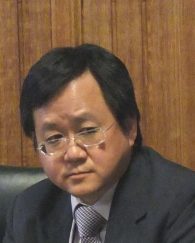
Professor Steve Tsang
Professor Steve Tsang is the Director of the SOAS China Institute. He previously served as the head and Professor of Contemporary Chinese Studies at the School of Contemporary Chinese Studies and as Director of the China Policy Institute at the University of Nottingham, as well as Director of the Asian Studies Centre at St Antony’s College, Oxford. He has published very extensively on the politics, international relations, security and history of the Chinese mainland, Taiwan and Hong Kong. He has developed an analytical concept called ‘consultative Leninism’ for understanding the nature of politics in the People’s Republic of China.
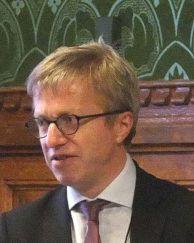
Dr John Nilsson-Wright
Dr John Nilsson-Wright is the Fuji Bank University Senior Lecturer in Modern Japanese Politics and International Relations at the University of Cambridge. His research focuses on East Asian international relations, with a particular interest in the relationship between the USA and Japan during the Cold War, as well as contemporary regional security issues, and political changes in the region. He holds a DPhil in International Relations, and a BA in Politics, Philosophy and Economics, both from the University of Oxford, and an MA in International Relations from Johns Hopkins University, Washington DC. He has been a visiting researcher at a number of East Asian universities, including Tohoku University in Japan, and Seoul National University in South Korea.
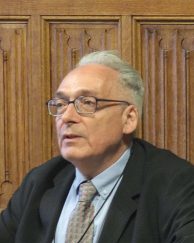
Dan Damon (Chair)
Dan Damon is a BBC journalist and radio broadcaster who presents World Update for the BBC World Service. Damon joined the BBC in 1974 as a technical operator for radio news. His move into journalism took place in 1982 with a nightly phone-in on LBC. In 1988, he moved to Hungary with his camerawoman wife, Siân, to report on liberation and street protest in East Germany, Czechoslovakia, Romania, Albania and the former Soviet Union. Damon also reported from conflicts in Croatia and Bosnia, Baghdad during the first Gulf War, and Afghanistan. He then returned to the BBC in 1995 to work as a presenter and reporter for the BBC World Service and BBC Radio 4. In 2003 Damon became the main presenter of World Update on the BBC World Service.